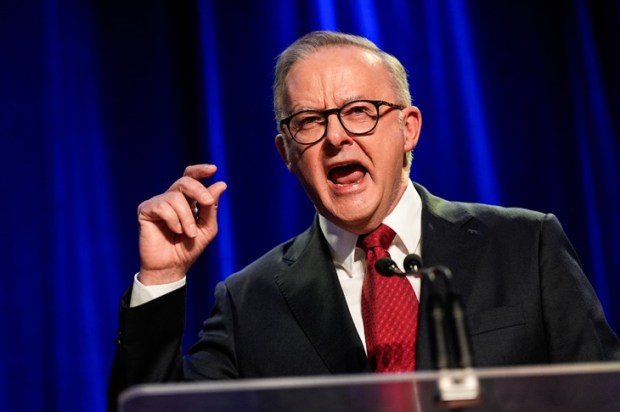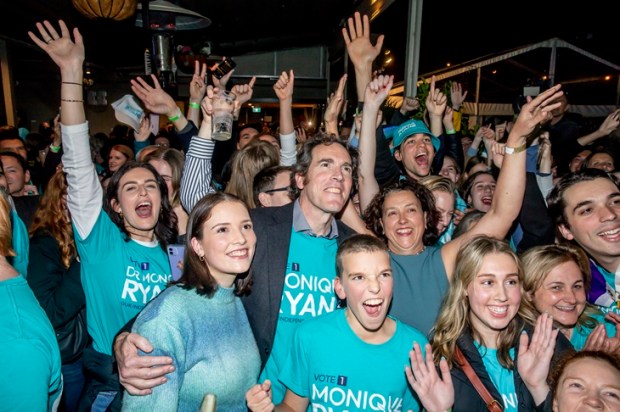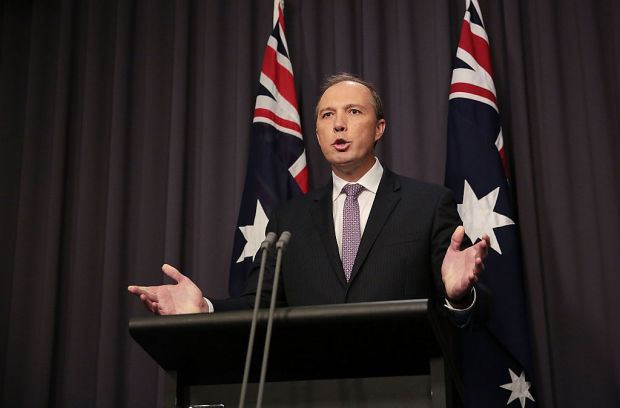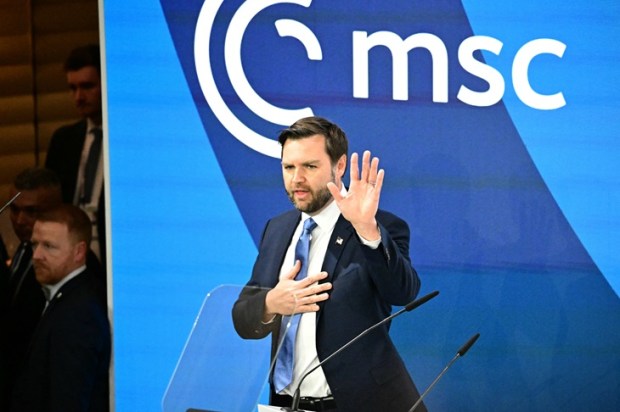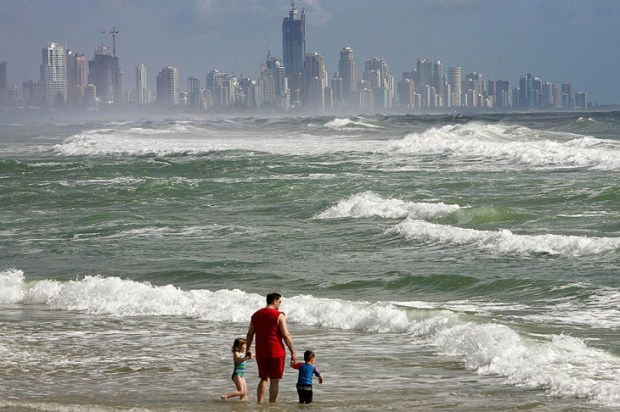Travel is very much an Australian pastime. Australians subscribe to the quote attributed to Saint Augustine: ‘The world is a book, and those who do not travel read only one page.’
In hoping to turn pages of this book, I looked forward to my annual pilgrimage to Europe, using Belgium, where I grew up, as my hub. Belgium is the country that The Economist described, hilariously, irreverently, and probably accurately, as the ‘most successful failed state’. It received this sobriquet when Belgium needed 541 days to form a government after the election of 2010. A world record!
Even a fleeting visit to Belgium (or any other European Union country) is depressing because visitors encounter everywhere those ugly wind turbines that desecrate, even destroy, the rustic landscapes which I used to know in my youth. Any European-born Australian visiting Europe is also struck by the high levels of immigration – asylum seekers and economic opportunists – from North Africa and the Middle East who have flooded the continent, changing permanently the demographics of Europe and transforming forever the ethnic homogeneity of the population.
I discovered that, even people with a supposedly conservative outlook, demonise Donald Trump and slavishly rehash what they read in newspapers and see on tepid television programs. Nigel Farage and his Reform movement, the predecessor of which is blamed for Brexit, does not fare any better. It is as if the Europeans (at least those I talked to) never learned to think for themselves.
But these insights are not those I propose to focus on in this opinion piece. Instead, I propose to briefly discuss what is really confronting and disconcerting: the level of complacency and lackadaisical behaviour so prevalent among the ‘autochthone’ populations in Europe. People seem to be detached from the oppressive realities of the world around them and disinterested in the great social and economic debates of our time. If these realities and debates do not directly affect them, they are oblivious to the problems generated by the momentous social and demographic changes taking place in their societies. There is certainly a perceived unwillingness or inability to fight for the survival of erstwhile values upon which Western civilisation is based. Moreover, secularisation has replaced God and, occasionally, churches are converted into shopping or amusement centres. There is a confronting level of conformity among people, and they like to hide in a group to maintain anonymity; in doing so they need not take any individual action and cannot themselves be blamed for anything. We have seen this most recently in the disgraceful Glastonbury festival, where thousands of attendees chanted ‘Death to the IDF’ without even considering the implications of their collaboration in this ignominy. Additionally, there is a palpable realisation that Europe is on a war footing, like in 1939, and that doom and gloom is knocking on its door.
The people’s disdain for government and its ever-increasing oppressive regulatory framework exacerbates their detachment from major political and social controversies. The existence of this sentiment is acknowledged by Marc De Vos, a prominent European thinker and one-time Dean of Law at Macquarie Law School. He has recently authored a highly influential monograph, launched by a former Prime Minister of Belgium, and translated in various languages, Superpower Europe: The European Union’s Silent Revolution. He observed, ‘The EU is typically viewed as an abstraction, far removed from the day-to-day concerns of European citizens and portrayed as a scapegoat or even a tyrant by certain political or media groups.’
The European citizens’ detachment from politics is lamentable because it facilitates the creeping transformation of Europe into an authoritarian mega state where there is no genuine free speech and where any dissent is seen as misinformation and disruptive behaviour. Indeed, free speech requires eternal vigilance; the uncomfortable conformism that is plaguing Europe militates against the development of a state of mind that is interested in guarding the great freedoms of Western Civilisation. In our time, the European mind is incapable of breaking away from the mess that Europe has become.
It reminds me of the story of the Elephant and the Rope. A circus elephant has a small rope tied to his front legs from when it was a baby elephant, a calf. In this way, its minder can easily manipulate the animal. The animal, big and strong as it is, could easily break free by destroying the rope, but this never happens because the animal has been conditioned into believing that it cannot break free.
The parable of the elephant and the rope may well accurately describe the average European of today: citizens who are incapable or unwilling to break free from the subjugation inflicted upon them. They lack the courage to use free speech as a sword to criticise government overreach and to overturn bad woke policies and excessive spending that destroy Europe from within.
Are there any lessons for Australia? The Saint Augustine quote is not as relevant as in the past because, in the interconnected world in which we live, we are able to digitally ‘visit’ other countries and we can turn the pages of the world book without ever leaving Australia. Moreover, we are witnesses to the world’s problems in real time, every day. Nevertheless, it is still important to read more than one page of Saint Augustine world book. This is because a personal visit to Europe will easily demonstrate what Australia could become if we are not vigilant enough to maintain our cherished free speech – maligned and threatened at present – and enthusiastic about the preservation of our Western Civilisation. In the meantime, I will continue to roam around the most successful failed state.


